
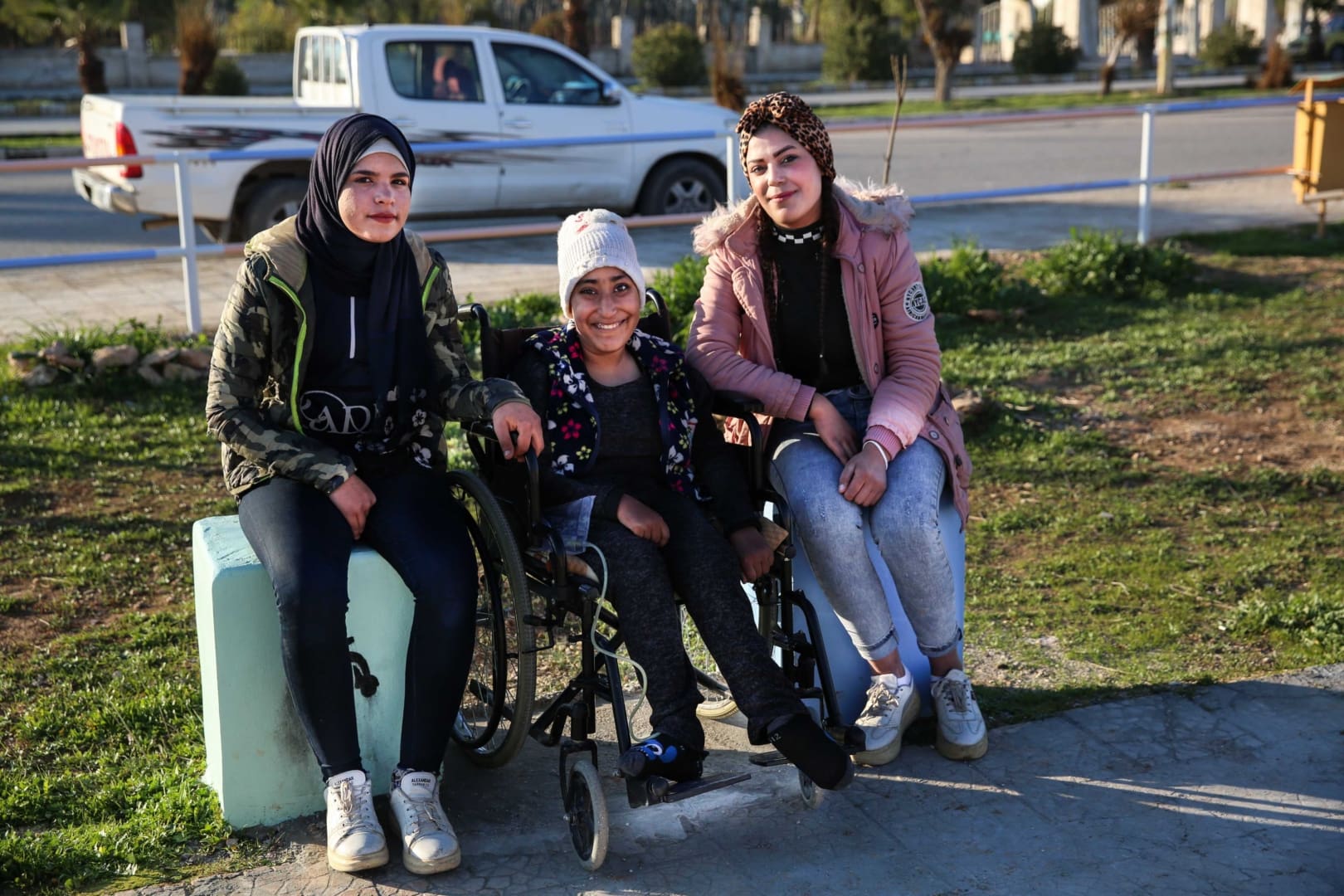
Civil Society
Syrian youth design their future
Close your eyes and think back to when you were a teenager. What were your dreams? Perhaps you envisioned a bright future – one filled with opportunities, growth and excitement. You had hope.
Now, imagine if your reality had been different – if instead of possibilities, you faced insurmountable barriers. Imagine if, instead of planning for your future, your daily life was about survival.
For many young Syrians, this is not an exercise in imagination. It is their reality.
Rebuilding the social fabric
Before the conflict, Syrian youth attended school, played sports and celebrated milestones with their families. Today, many live in temporary shelters with limited access to water, electricity and basic necessities. Unemployment is widespread, with 84 percent of girls aged 15-24 out of work, and 90 percent of the population living below the poverty line. In the face of these challenges, coping mechanisms such as early marriage and disengagement have become more common. Beyond the physical damage, the conflict has disrupted opportunities, strained community ties and left many young people searching for a sense of stability and belonging.
AKF and the wider Aga Khan Development Network (AKDN) are dedicated to improving the quality of life for the Syrian people, especially the most vulnerable. We equip communities with the skills, knowledge and tools to drive their own development. AKDN is committing €100 million over the next two years to help address the country’s urgent humanitarian and development needs.
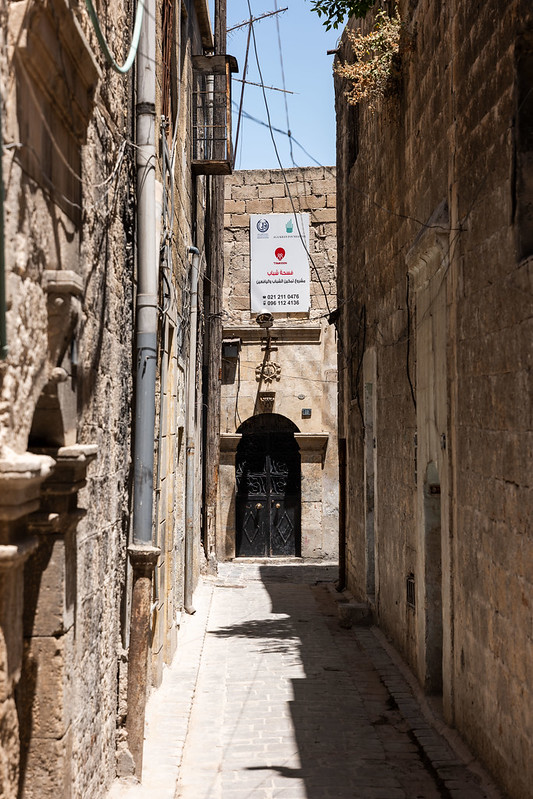
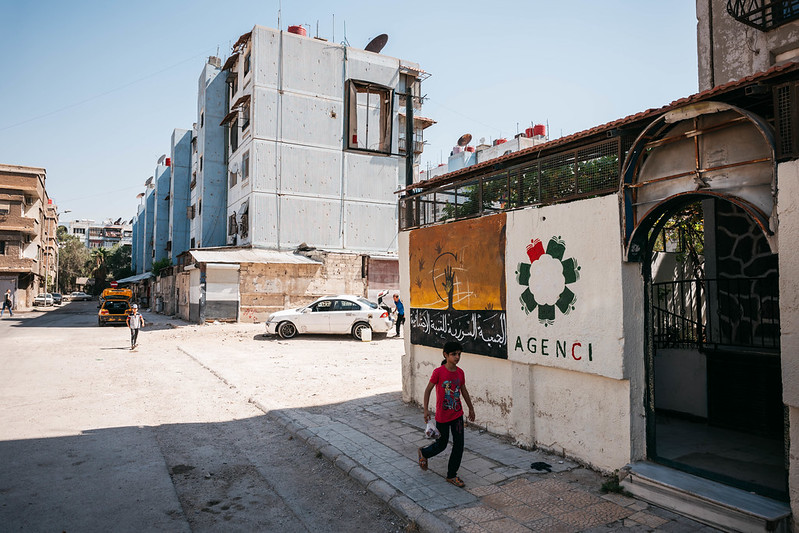
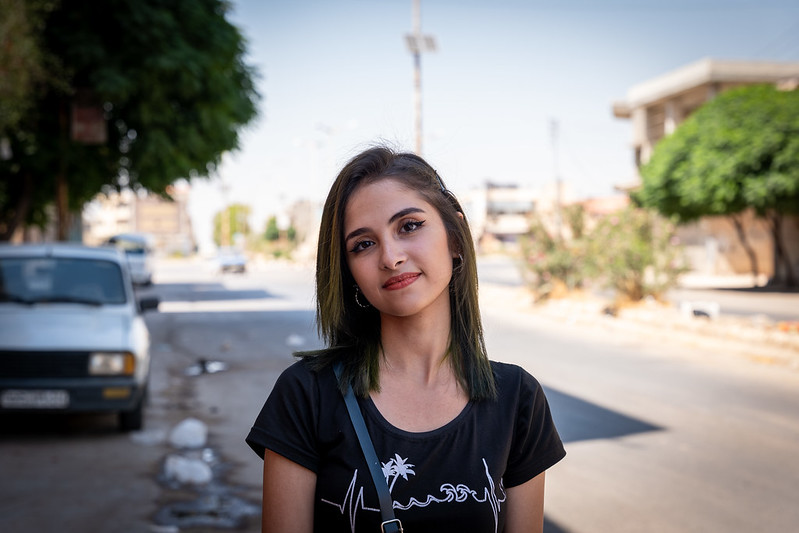
AKF has been helping rebuild the social fabric of communities through the TAMKEEN (empowerment) project. This brought together young Syrians from diverse ethnic, religious and socio-economic backgrounds to solve problems affecting their communities.
Through a series of social innovation sprints (short, intense design challenges), participants identified issues such as unemployment, lack of technical equipment and skills, and the absence of safe places to play. They presented their solutions for feedback before the community voted on which projects to implement.
Designing for social cohesion, peace and diversity
The 28 funded initiatives included awareness campaigns on climate change and hygiene, environmental improvements like tree planting, training in robotics and 3D printing, and the creation of skills development centres in underserved areas offering essential courses in computer literacy, CV writing and job application skills.
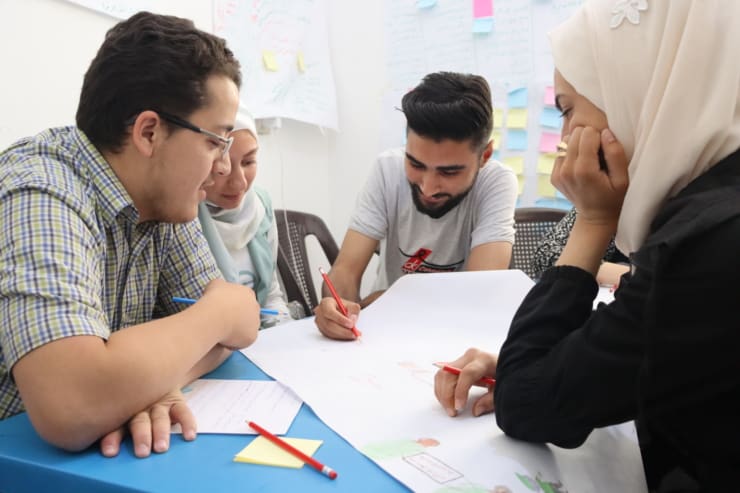
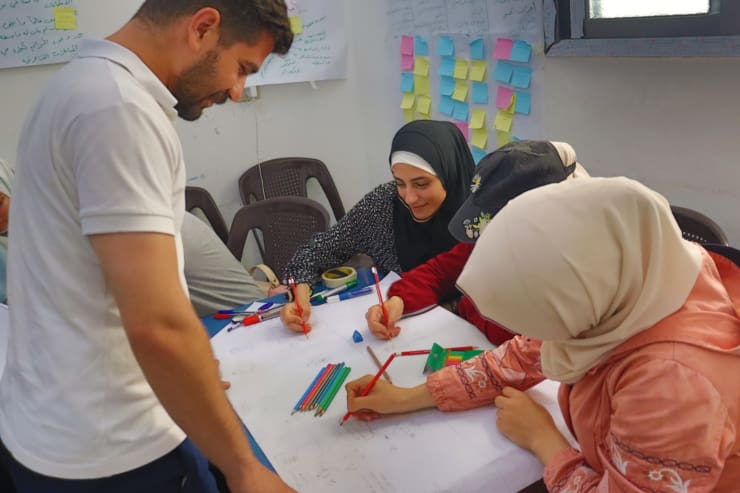
One project tackled the lack of accessibility in public spaces. This is a major issue given that nearly a third of Syria’s population lives with a disability, often caused by the conflict and exacerbated by the lack of healthcare services.
A diverse team collaborated to redesign public parks to be inclusive for the elderly and people with disabilities.
Their innovations included:
- Wheelchair-friendly pathways
- Tactile navigation paths for the visually impaired
- Inclusive seating areas and rest stops
- A specially designed accessible swing
- A public awareness campaign to promote inclusivity
This mindset-shifting project is being replicated across Salamieh, serving as a model of inclusive urban planning.

Creating leaders
In these sprints, young Syrians didn’t just participate; they led. The 450 participants worked with their peers, learned design tools to analyse the root causes of problems, invented solutions and presented them for feedback before seeing their innovations make a difference in their neighbourhoods. They gained the self-confidence, empathy and leadership skills to see themselves not as victims of conflict, but as agents of peace, inclusion and change.
Given the tools, the training and the trust to innovate, young people can become the best architects of their own futures as they build a microcosm of the peaceful, pluralistic Syria they are working towards.
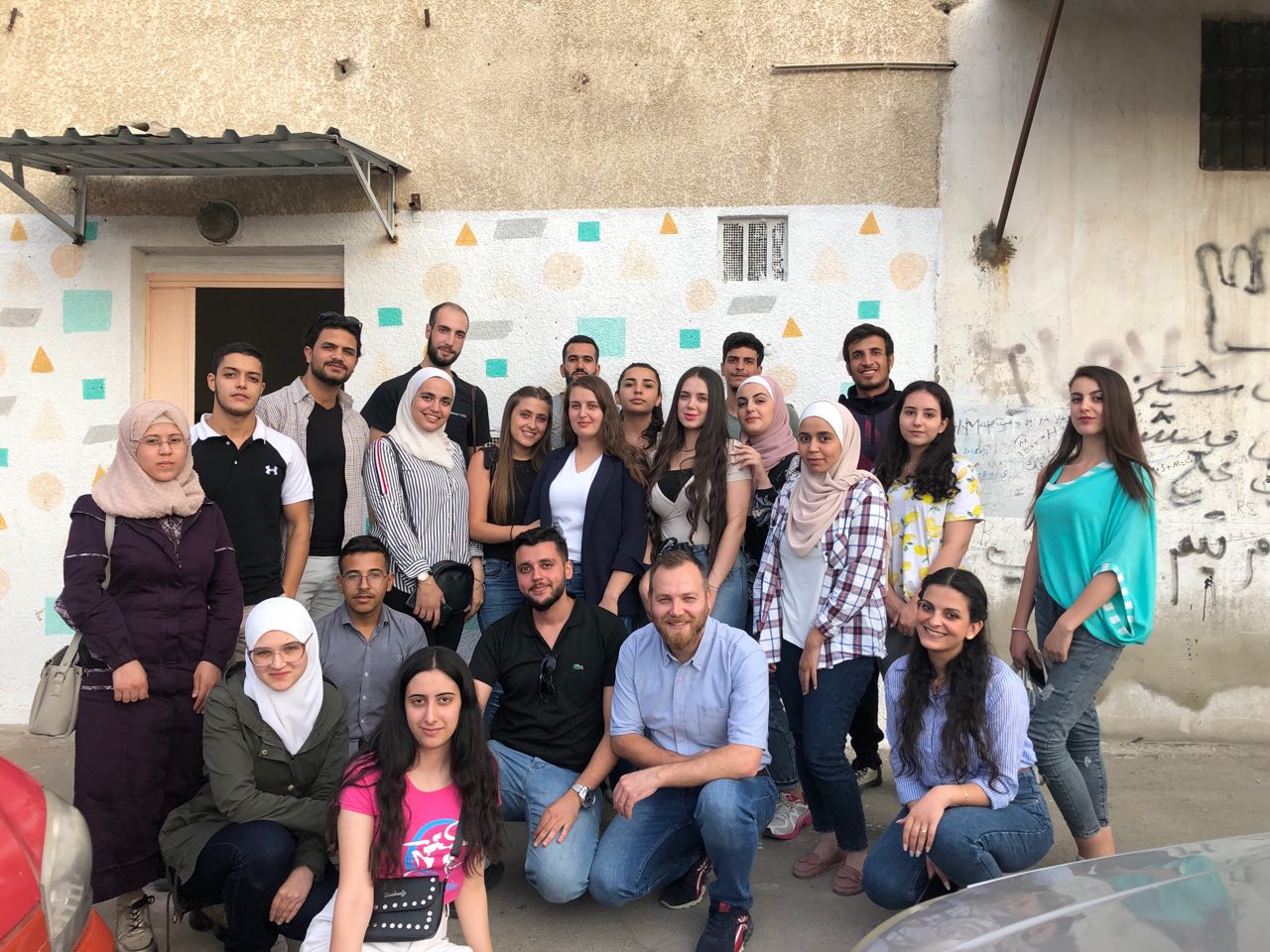
Written by Munir Ahmad, AKF’s Global Lead for Innovation
Related News & Stories

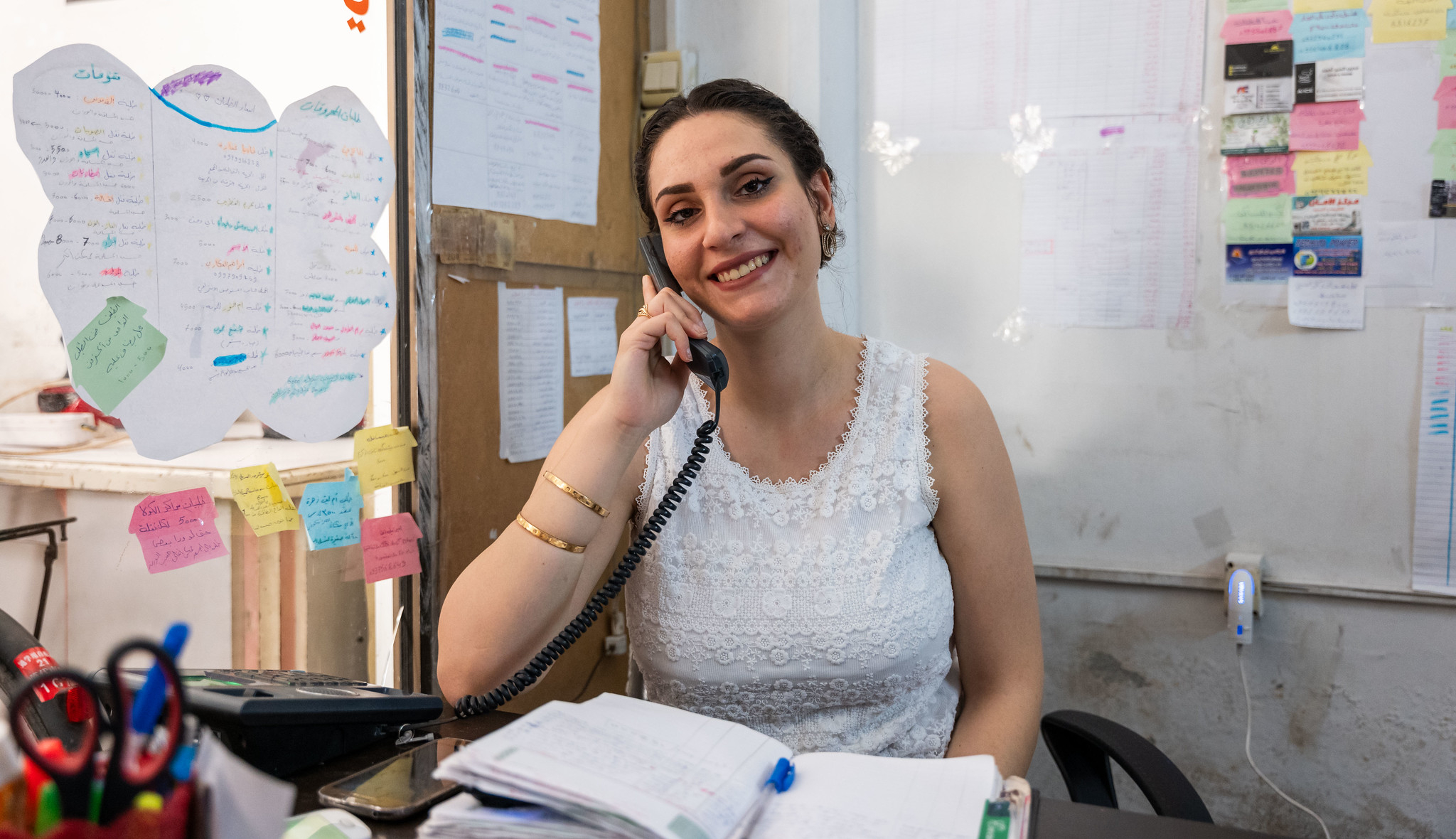
Rebuilding Syria: How AKF is supporting entrepreneurs to revitalise the economy
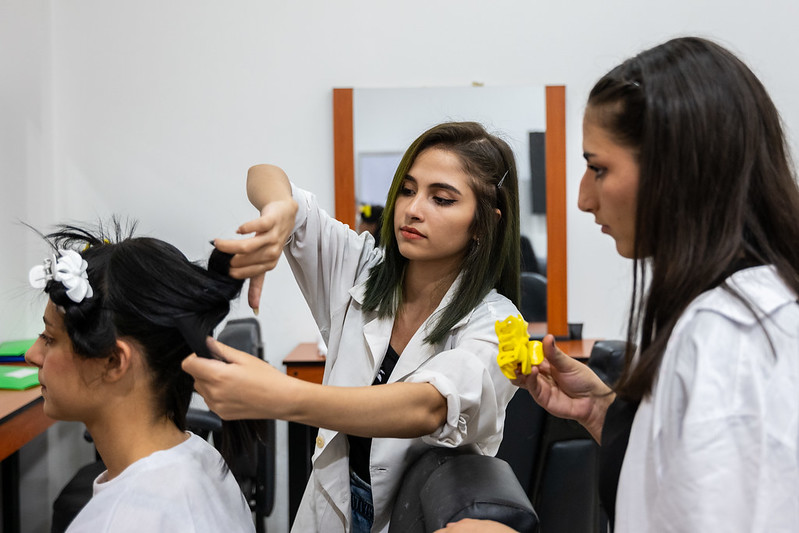
A cut above: Meet Areej
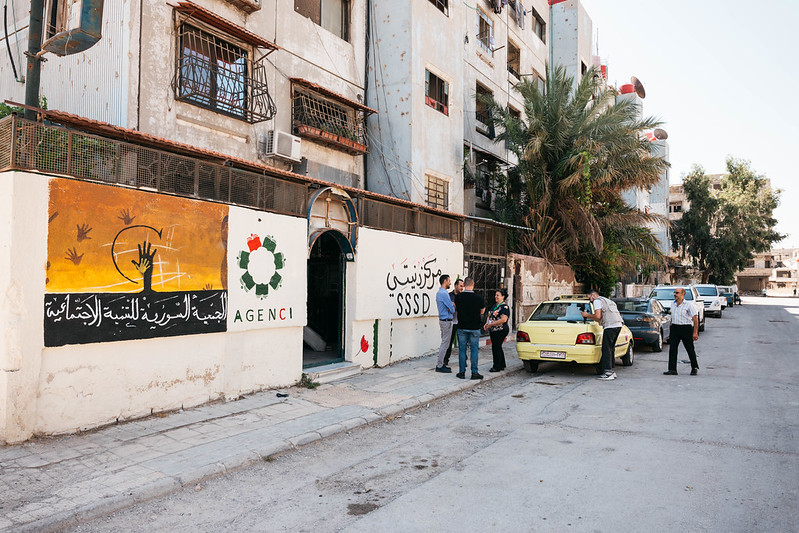
Back to school: Meet Sedrat

Educating girls amid crisis
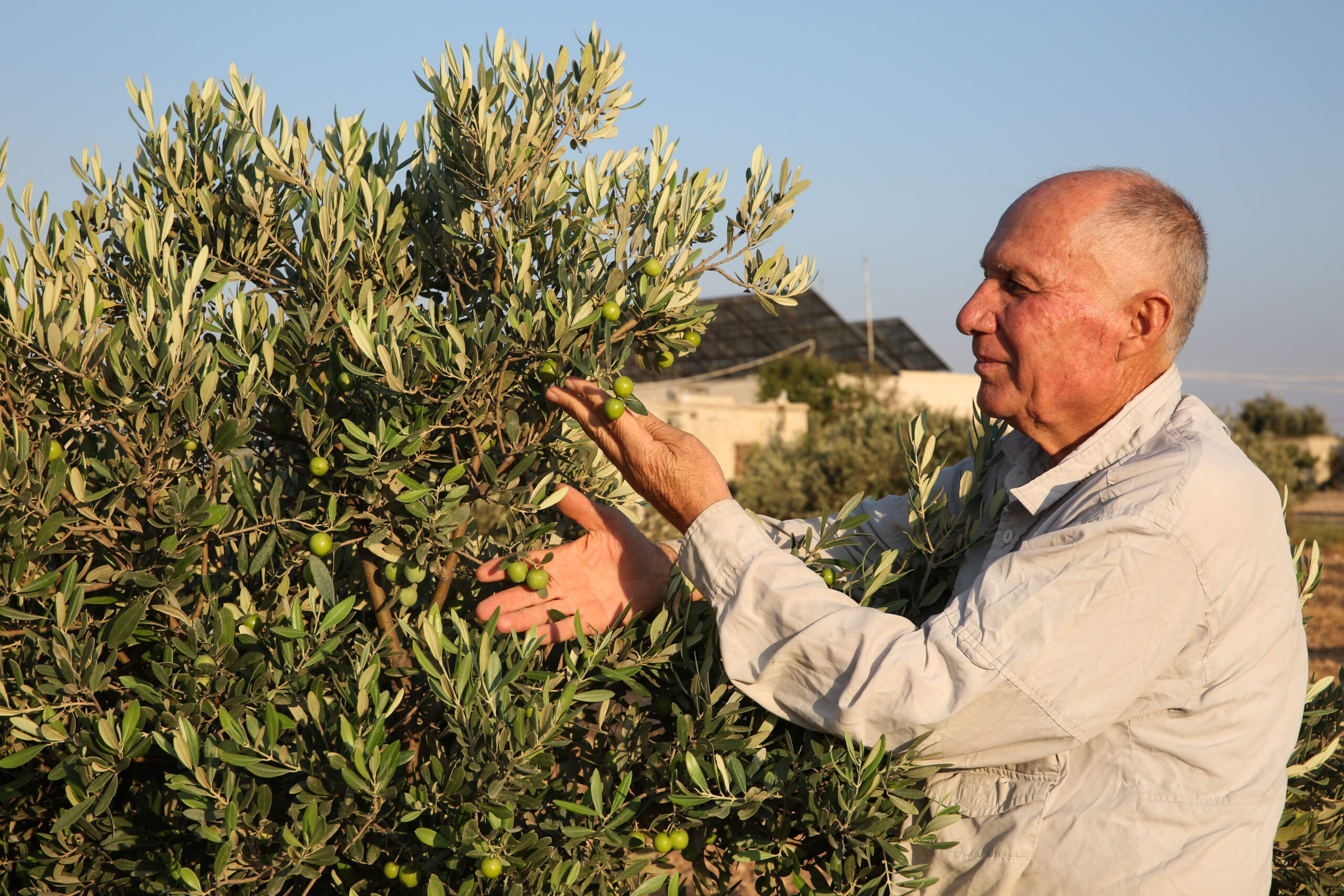
How solar energy is helping this Syrian village become more climate resilient
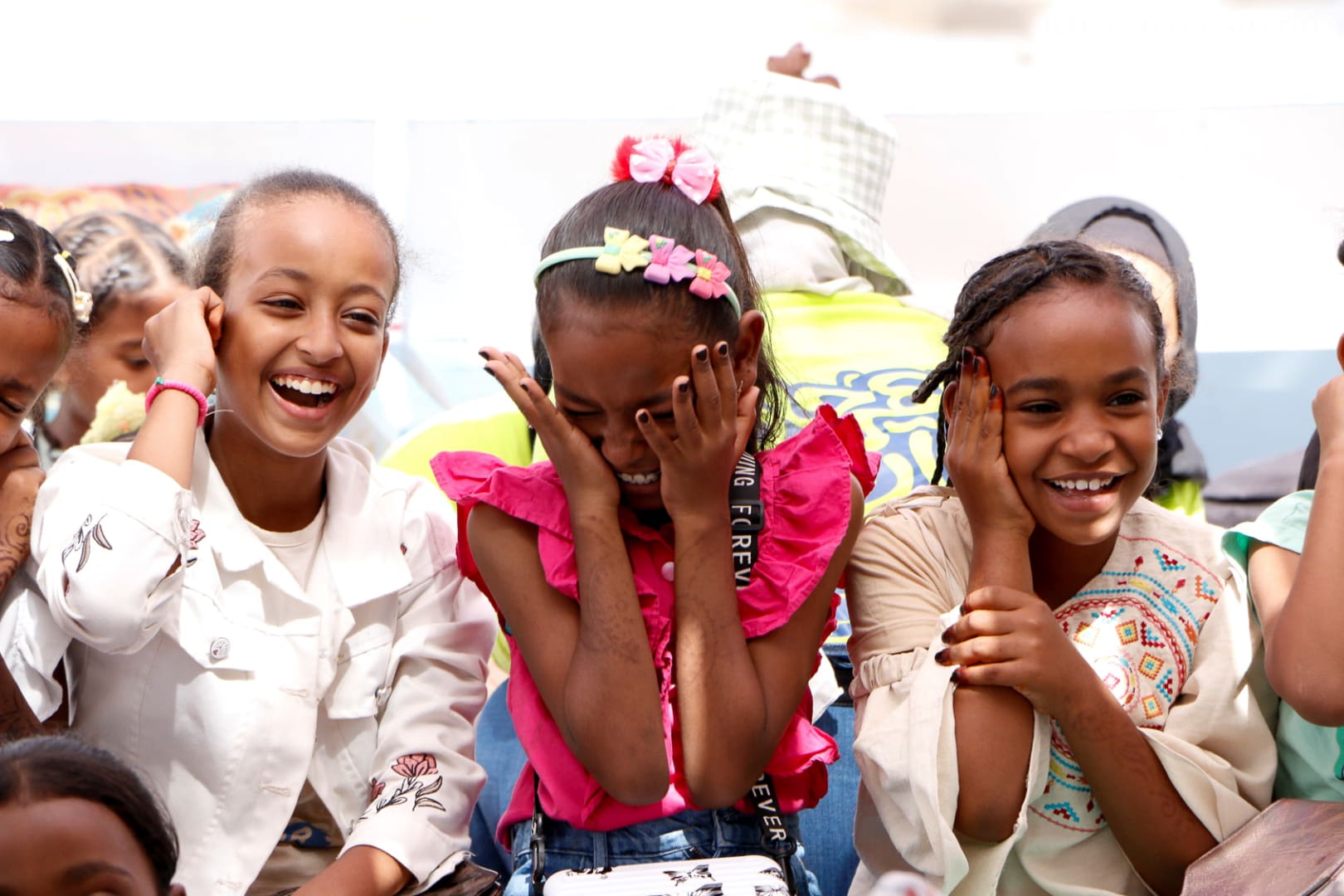
Support our work Your donations are helping us build a future where we all thrive together.